TU/e Science Award: Best PhD thesis nominees
A Transdisciplinary Decision-Making Approach to Food-Water-Energy Nexus: A Guide towards Sustainable Development
BUILT ENVIRONMENT
If we keep on exploiting food, water, and energy as we do now, by 2050, we will need the resources of three Earths. A solution is cross-sectoral policy coordination. How? By aligning priorities and ensuring coherence in objectives. The S.N.O.G. serious game embodies an ideal support tool for this end.
Two problems may seem like a burden alone, but together they can be a gateway to opportunities
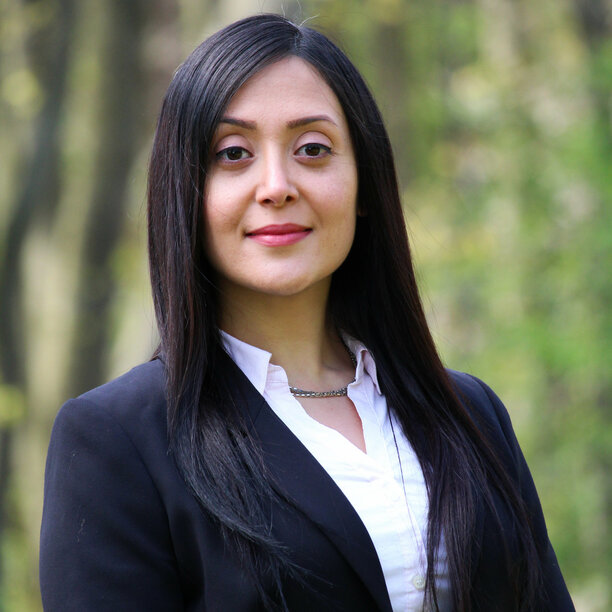
Dr. Maryam Ghodsvali
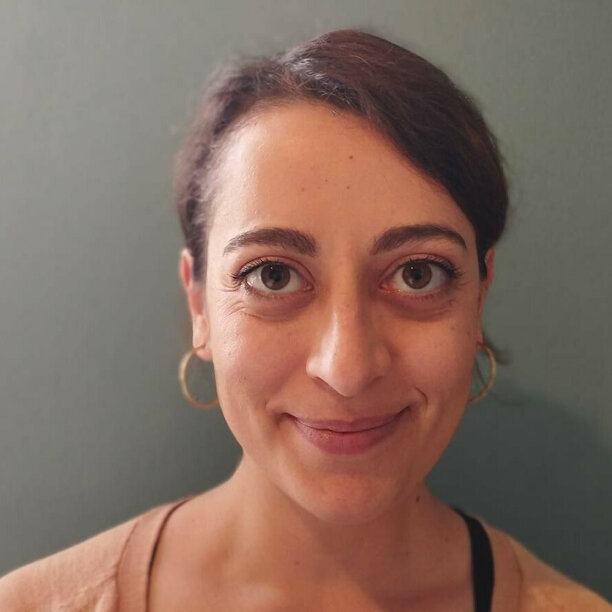
Dr. Ginevra Sanvitale
Technopolitical Resonance. Emotions, computers and socialism in Cold War Italy
INDUSTRIAL ENGINEERING AND INNOVATION SCIENCES
My PhD project investigated the role of emotions in the de-politicisation and re-politicisation of computer debates during the Cold War. These debates crucially informed technology design and expectations of the current Digital Age: Understanding the role of emotions and politics is fundamental to build a human-centered digital future.
If we want to build a human-centred Digital Age, we need to look at politics and emotions as features, not as bugs
Quick as a flick: All-optical control over ultrafast magnetization writing
APPLIED PHYSICS
Data storage devices in datacenters are reaching limits in speed and energy efficiency. These limits could be overcome by using ultrashort light pulses to write data in magnetic devices. We explored several aspects of this technique, which could drive the highly efficient data storage devices of the future..
"The combination of photonics and spintronics offers exciting possibilities for the data processing devices of the future" .
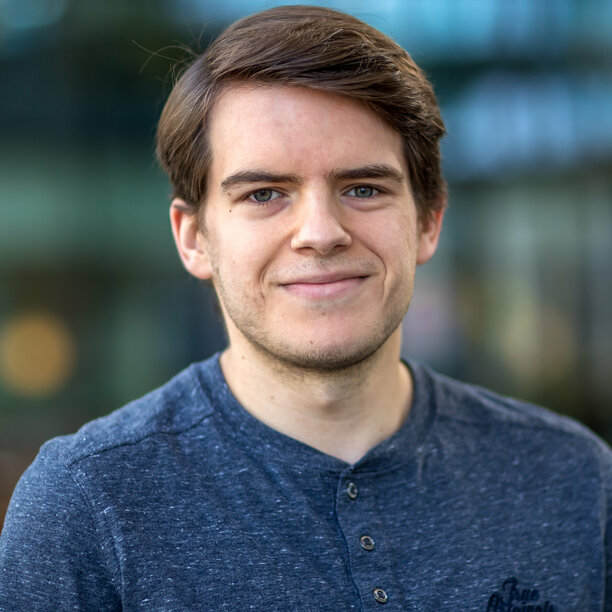
Dr. Youri van Hees

Dr. Maarten Houben
Design for Everyday Sounds in Dementia
INDUSTRIAL DESIGN
This thesis has highlighted the unexplored potential of everyday sounds to evoke memories, positive emotions, and conversations in people with dementia. Technology can offer tangible interactions with personal sound content and support recreational activities at home or person-centred care to enrich the everyday experiences of dementia.
" Everyday sounds can trigger very specific memories, and it’s precisely those memories that are important for people with dementia to maintain and express their identity and personality”
A guide to learning modules in a dynamic network
ELECTRICAL ENGINEERING
Data-driven models of a system are used for various purposes like prediction, simulation, system design, monitoring, and diagnosis. But the advancements in technology have made real-life systems increasingly complex. How do we develop these models for complex large-scale interconnected systems? My research provides the necessary tools and an easy guide to every experimenter for this, paving the way for the need-of-the-hour industrial applications like fault diagnosis and the development of digital twins.
You don’t need to be Nostradamus. By being aware of the past and vigilant about the present, you can predict the future
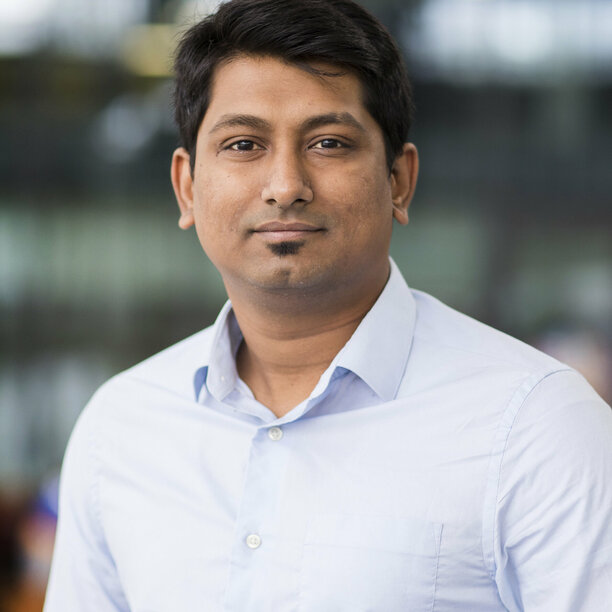
Dr. Karthik Raghavan Ramaswamy
Exploring the Morphology, Chemistry, and Mechanics of Biogenic Silica in Diatoms
CHEMICAL ENGINEERING AND CHEMISTRY
Many biomaterials are well-known due to their sophisticated morphologies and remarkable mechanical properties that have been produced by combining relatively simple ingredients. In our research we developed a versatile toolbox to determine the mechanical properties of biogenic silica of an algae known as diatom and to monitor the effects of environmental variations on these properties by a combination of cutting-edge electron microscopy techniques with micromanipulators and ion beam nanomachining.
As humans, we may not be able to copy exactly what nature is so cleverly doing, but by developing new characterization techniques, we can learn from her to overcome the limitations of our current state-of-the-art man-made materials.
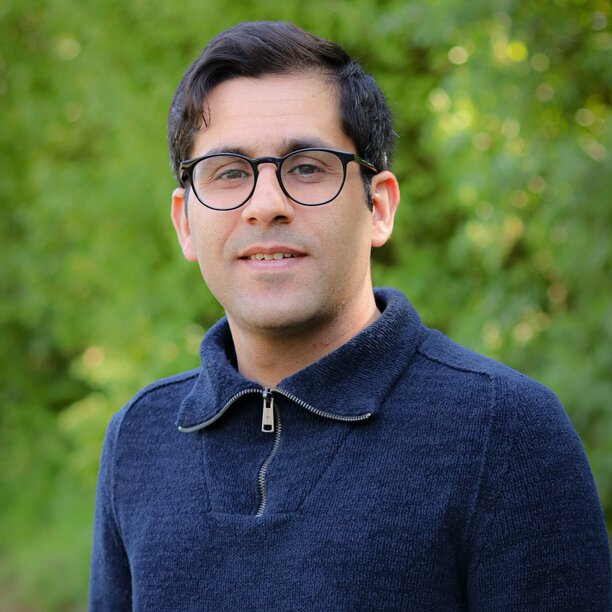
Dr. Mohammad Soleimani
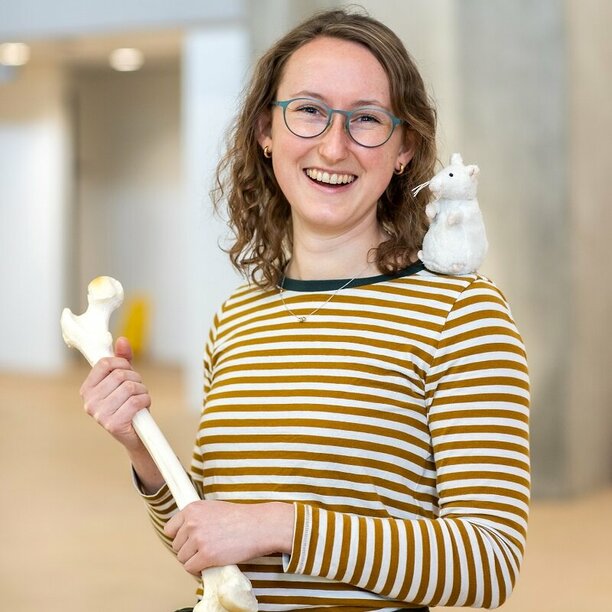
Dr. Bregje de Wildt
Advancing Tissue Engineering of in vitro human Bone Models
BIOMEDICAL ENGINEERING
Human in vitro bone models have the potential to reduce animal experiments and personalize drug testing. While cells within a healthy body know exactly how to maintain and regenerate bone, outside the body these cells are lost. Here, we studied how we could modify the culture environment of these bone cells to mimic human bone in the laboratory.
Human bone cells are extremely intelligent engineers, yet our understanding relies mostly on animal cells
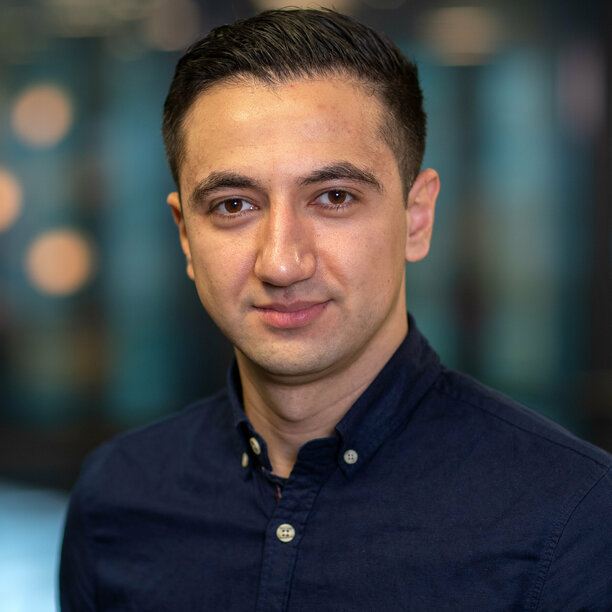
Dr. Fahim Shakib
Data-driven modeling and complexity reduction for nonlinear systems with stability guarantees
MECHANICAL ENGINEERING
The development and operation of engineering systems require compact and high-fidelity mathematical models. My thesis presents methods that construct such models from experimental data and reduce their complexity while ensuring their robustness. The impact of these results has been demonstrated in a use case of respiratory devices used in hospitals.
Data-driven models are abundant, but how to generate simple, accurate, and reliable ones is the key to engineering applications